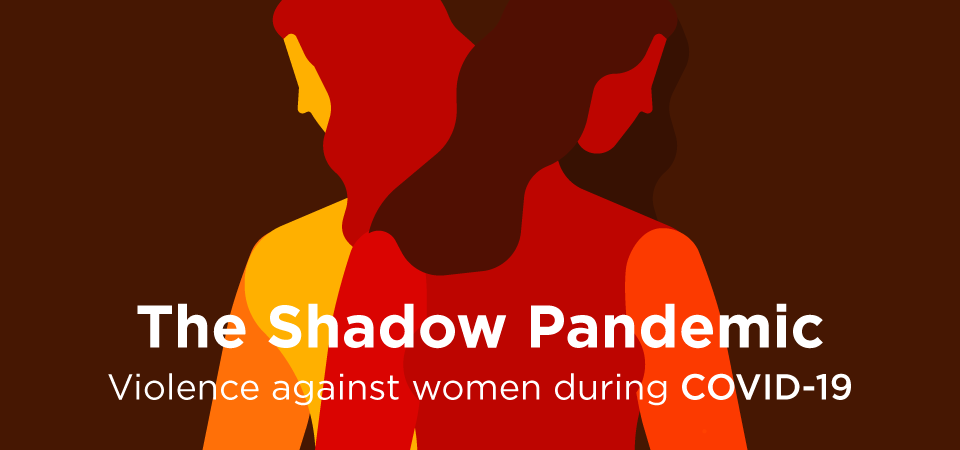November 30th was White Ribbon Day, a part of the United Nations ongoing 16 Days of Activism against Gender Based Violence which runs from the 25th of November to the 10th of December. This was a day to show solidarity with those who have experienced gender-based violence through signing a white ribbon and sharing the message on social media. Gender based violence is defined as “harmful acts directed at an individual based on their gender. It is rooted in gender inequality, the abuse of power and harmful norms” (UNHCR) and is considered “a serious violation of human rights and a life-threatening health and protection issue” by the United Nations Refugee Agency.
While the COVID 19 pandemic changed the circumstances of the event, it also has had a detrimental impact on gender-based violence worldwide. Even before the pandemic, 1 in 3 women experienced physical or sexual violence mostly by an intimate partner (UN Women). The numbers are only increasing due to a multitude of COVID caused changes. The factors include: security, health, and money worries, cramped living conditions, isolation with abusers, movement restrictions, and deserted public places (UN Women)
Statistically, less than 40% of women who experience violence seek help, and during the pandemic calls to helplines in certain countries increased by 5 times (UN Women). What does that mean about the number of cases?
The United Nations has deemed this the Shadow Pandemic. The Coronavirus is without question one of the most difficult things the world has experienced in past years, and the increase in violence against women seems to be a symptom left out of the fact sheets.
PPE or Personal Protective Equipment, takes on a whole new meaning. The CDC recommends wearing a mask and social distancing, but a mask cannot protect from violence, and distance from abusers can be impossible during stay at home orders. So how do we combat this Shadow Pandemic?
The UN Women Executive Director, Phumzile Mlambo-Ngcuka, said:
“I would like to call on your government to make visible at the highest level your commitment to addressing violence against women and girls in the context of COVID-19 by issuing a short statement on social media, in the form of a video message or a short text at the highest possible level, ideally at the level of Head of State/Government, highlighting:
- Tangible actions undertaken to address violence against women and girls in the context of COVID-19;
- Future planning policies and actions to implement in this context;
- Your Government’s commitment to raise awareness on the issue at the national and international levels.” (UN Women)
UN Women stresses the importance of the following during this Shadow Pandemic.
FUND
- Prioritize funding for a minimum package of essential services and include violence against women prevention in COVID-19 fiscal stimulus packages.
- Make urgent and flexible funding available for women’s rights organizations working at the nexus of COVID-19 and addressing violence against women
PREVENT
- Declare national zero tolerance policy for violence against women and girls with a concrete action plan in place
- Launch a COVID-19 behavior change social mobilization campaign
RESPOND
- Undertake explicit measures so that services for survivors of violence are maintained as essential
- Ensure continuum of adequate criminal justice system response.
COLLECT
-
Collect data for improvement of services and programs” (UN Women)
Whether you are calling your representatives to demand they address the Shadow Pandemic, checking in on your loved ones, or fighting your own battle, know you are not alone. For hotline numbers and resources in our area check out the link below:
